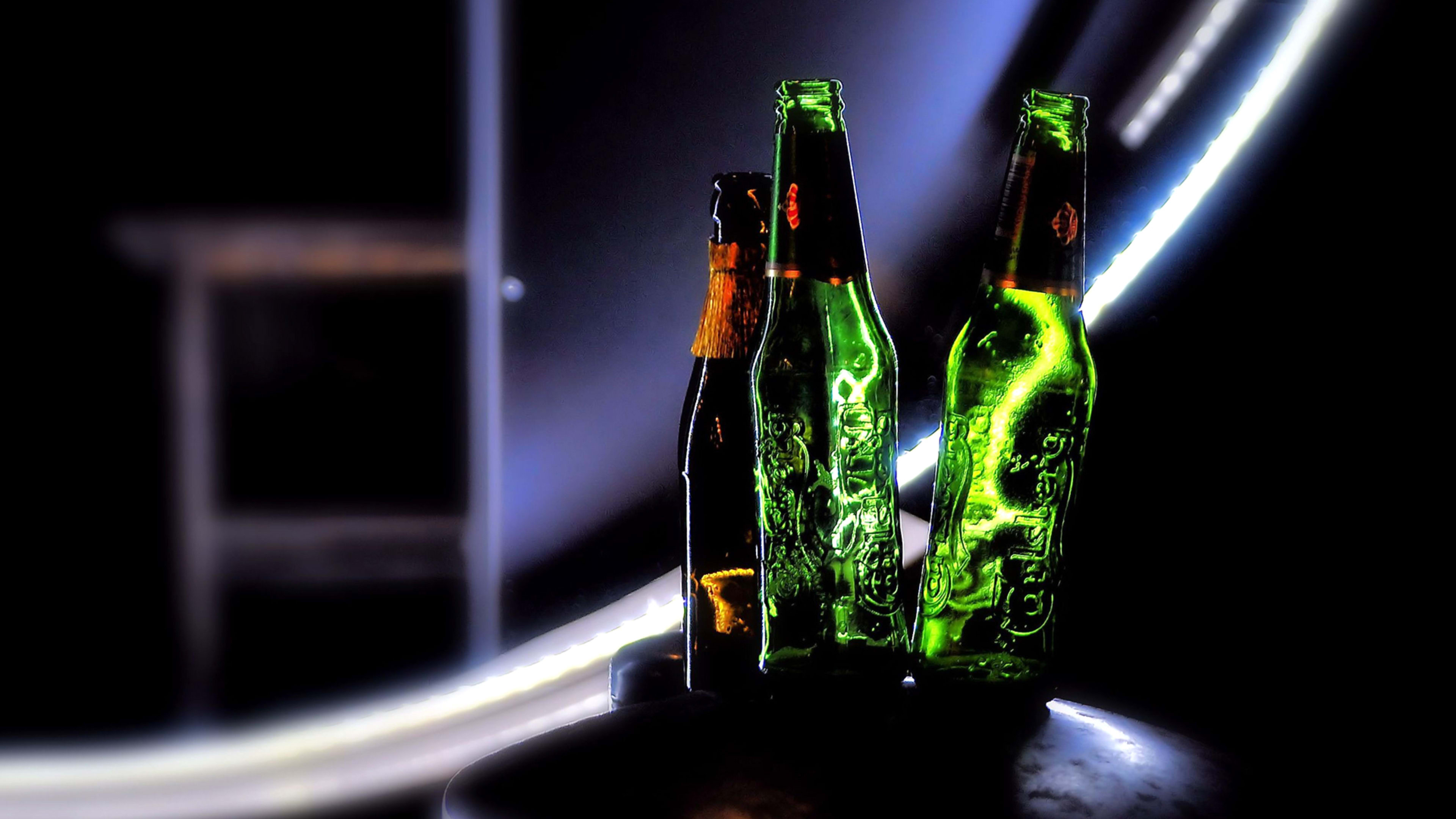Here’s a little-known fact to quench your thirst for beer knowledge: One of the reasons it takes so long to develop new beers is because brewers have to rely on actual humans–and techniques like chromatography and spectrometry–to test liquids and detect flavors and aromas. Carlsberg thinks it’s found a better way. With help from researchers at Aarhus University, the Danish beer-maker has developed sensors that are able to detect differences between beer flavors, the Financial Times reports. Now, the company is teaming up with Microsoft to help interpret that data via artificial intelligence and streamline the lengthy beer-making process.
It’s all with aim of reducing the time it takes to develop new brews–estimated to be anywhere from eight to 24 months–by about 30%. Per the FT, Carlsberg’s three-month “beer fingerprinting project,” as it’s called, will kick off in January, with Carlsberg hoping to eventually bring a commercial product to market.
The company is spending about $4 million on the effort, with the government-backed Innovation Fund Denmark putting in another $2.8 million. Read more from the FT here.
Recognize your brand’s excellence by applying to this year’s Brands That Matter Awards before the early-rate deadline, May 3.
